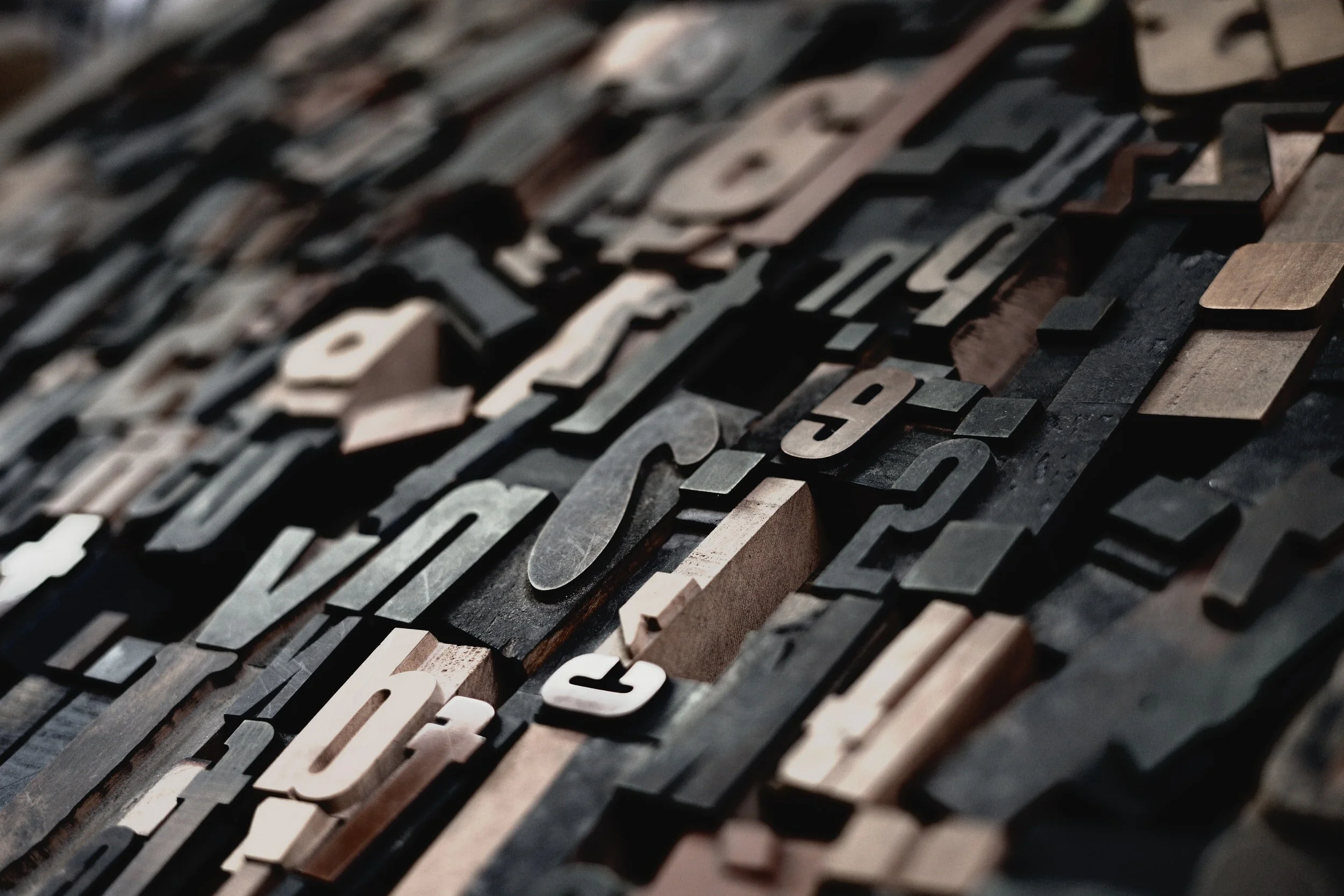I’m Dyslexic, Not Foreign
I was recently diagnosed with dyslexia. Before this, I was diagnosed with ADHD and I thought that reading would get easier after I started treating my ADHD, but reading hurt my brain just as much as before I started ADHD medication. Around 50% of children (yes, I am 20 but I will continue to consider myself a child until I am emotionally mature) with ADHD also have dyslexia. It was shocking for a second, I already decided my future will be in writing. But as I sat with this new information, I remembered my experience in elementary school.
I had to take the English as a second language test every year from Kindergarten to second grade. It never seemed like a big deal to me when I was younger. I just thought, “oh this is just because I know Japanese too.” Looking back now I can see that there was no reason for me to take that test.
English was actually my first language, and I knew Japanese as well as any 4-year-old in Japan. Honestly, that’s probably insulting to 4-year-olds in Japan. I can’t read or write in Japanese and my vocabulary was straight up poopoo. I was born in Rosemead, California. My father's side of the family had been in the US for 3 generations before me—and this school still had the audacity to make me take this test.
I couldn’t pass it for three years. English was my first language, I was just dyslexic. I was so dyslexic the school’s mistake went unnoticed, and the school’s mistake led me to believe that I didn’t have dyslexia. I barely even knew what dyslexia was.
I was consistently in the lowest reading level, and I became incredibly insecure about my reading skills. I tried so hard to level up but my reading speed and accuracy were never good enough.
I remember some things my fifth-grade teacher said to me after one of my reading tests. “It’s funny that you change the words as you read. Deena, you're at a third-grade reading level, maybe we should practice more.”
That could have been the moment I found out. I thought elementary school teachers were supposed to catch learning disabilities like dyslexia.
I spent that summer improving my reading. I read the entire Twilight series, and many other magical teenager series—not Harry Potter, I thought that was for nerds. I got to middle school with a higher reading level than most of my peers. I was so proud of myself.
But I still read slowly. I kept this to myself and tried to fake reading quickly. Being smart is incredibly important to me and I never wanted my friends to think I was bad at reading. There was always an expectation of me to be smart, I think the “Asians are Smart” stereotype really contributed to that. I didn’t want people to think I was a broken Asian, so I never asked for help. Whenever I read things with others I had to skip sentences, paragraphs, and even whole pages just to catch up to them. When we discussed I normally just stayed quiet until I could pick up enough of the content I missed to join the conversation. I barely read anything I was ever assigned. If you saw my grades you would never believe me but somehow I found ways to cope with my undiagnosed learning disability.
I’m glad I know now. I didn’t think racism really affected me as much, especially because I lived in the Bay Area where the Asian/American population was booming. Now that I am an Asian American Studies major, I understand that there are so many small and big subtle ways that racism and stereotyping have affected me and many others like me. I guess I thought the worst things I had to encounter were weird white men with yellow fever. I guess the US school system was pulling a racism on me as well. Jokes on those hoes because I got into UCSB, which is a great school (though I have many issues with how they choose to spend my tuition money). Although I did get into a top 10 public school in the US, that doesn’t excuse the racism I had to endure throughout my education.
I developed anxiety and depression, I had panic attacks when I thought everyone would eventually realize that I wasn’t like them, that I wasn’t actually as smart as them. I should have been given more resources to support my differences.
I was right about being different but I was wrong to think that it made me defective. Especially because I am an incredibly intelligent person, and I am so glad that I can confidently say that now.



